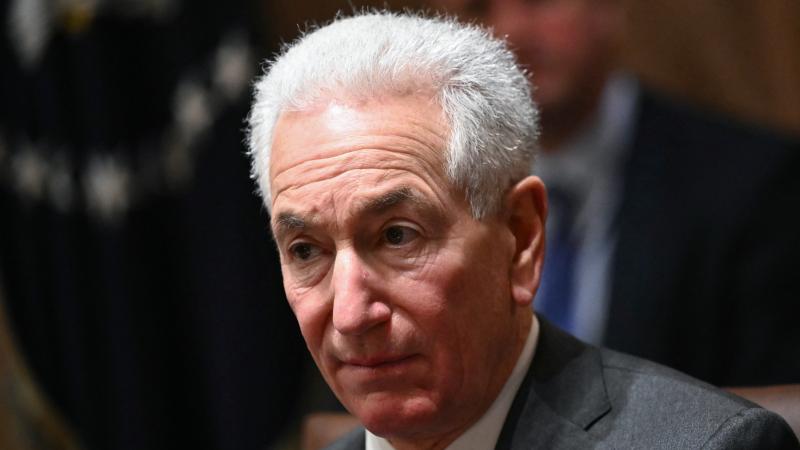Congressional Republicans push Supreme Court to overturn historic ruling
The court currently 6-3 in favor of Conservatives, which represents anti-abortion supporters best chance of overturning Roe v. Wade.
More than 200 congressional Republicans opposed to abortion are urging the Supreme Court to overturn the ruling issued in the historic Roe v. Wade court case, as the justice's ready to review the related Mississippi case next term.
The 128 members – 44 senators and 184 House members representing 40 states – made their request to the high court with an amicus brief, arguing Congress and the country are ready to make an updated decision regarding abortion, particularly the cutoff for when they can be performed on the pregnant mother.
“Congress and the States have shown that they are ready and able to address the issue in ways that reflect Americans’ varying viewpoints and are grounded in the science of fetal development and maternal health,” the brief said.
The high court's 1973 ruling in Roe v. Wade declared a woman has a constitutional right to terminate a pregnancy in the first six months of her pregnancy when the fetus is incapable of surviving outside the womb.
The court said in May that it would review next term whether all state laws that ban pre-viability abortions are unconstitutional.
The case next fall is a test case from Mississippi, which bans most abortions after 15 weeks.
A panel of the 5th U.S. Circuit Court of Appeals, one of the most conservative in the country, blocked enforcement of the law, finding it in conflict with Roe v. Wade and subsequent abortion decisions, according to NPR.
Among those who recently signed the amicus brief were Washington's top two Republicans – Senate Minority Leader Mitch McConnell, of Kentucky, and House Minority Leader Kevin McCarthy, of California.
GOP Sens. Josh Hawley, of Missouri; Mike Lee, of Utah; and Ted Cruz, of Texas, filed a different brief in the case.
The case has also received backing from a dozen Republican governors who asked the high court to let states determine the procedure of abortions rather than a federal protection.
The case will be heard during the term that starts Oct. 4.
















